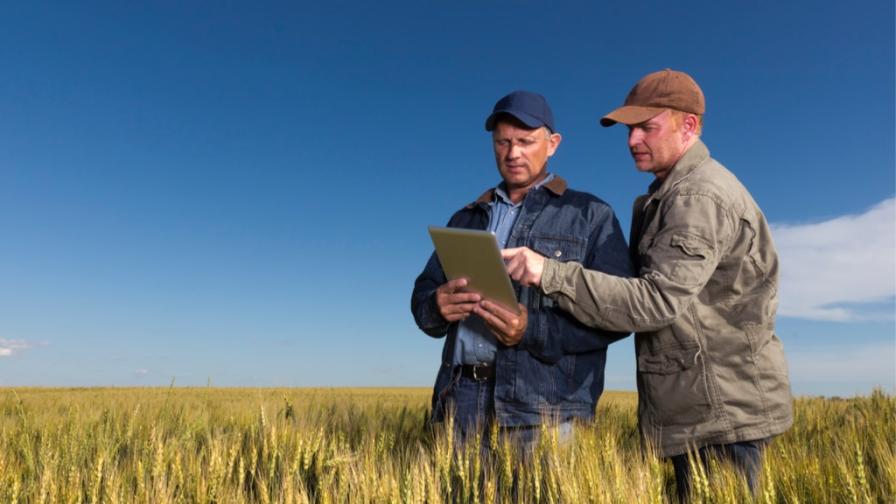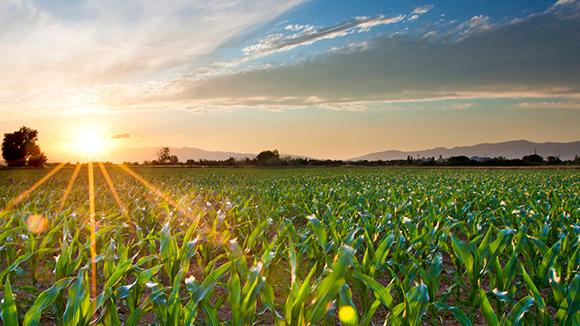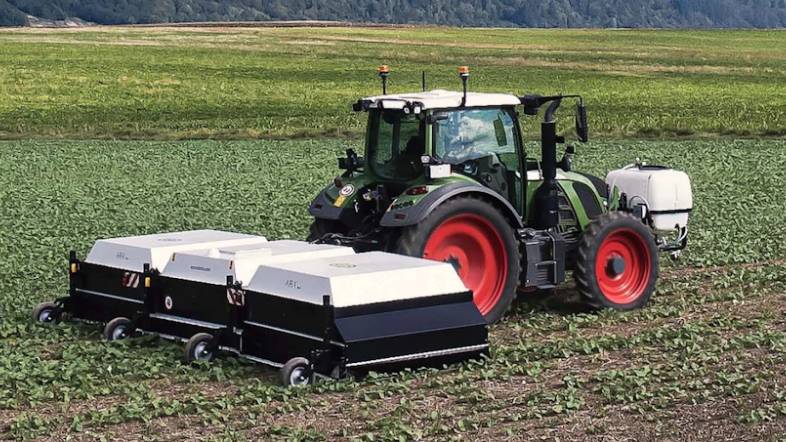The Importance of Connectivity on the Farm
While most industries have been using modern software solutions for years, the farming industry has been slower to adopt. Most farmers are still relying on paper and ink or at best, make use of spreadsheets and some type of general accounting software.
Why is this, when there are so many different agtech systems available? The answer may be just that – there are so many different agtech systems available.

Farming technology has come far in recent years and there is no longer any reason to shy away from embracing an FMS, as a good FMS will be streamlined and simplified.
And all those agtech systems can be confusing. There are some that provide traceability, others that focus on the growing process, and still others that specialize in crop marketing. Using several systems at once is a time-waster and increases the margin of error. What is needed is a complete farm management system (FMS) in one integrated platform.
A Complete Solution
There are only two ways to improve production: plant more acres of crop or increase the productivity of the land already in use. Embracing and integrating an FMS will enable farmers to achieve necessary production advances required to feed the world while finding efficiencies in productivity, traceability, and environmental stewardship.
Let’s look at some of the things a truly complete FMS should provide:
- Farm Management – to improve overall performance. This would include things like connectivity with the whole team for more efficient people management, the ability to see crop plans, a way to keep track of inventory and manage equipment records; even offline.
- Precision Agronomy – to increase yield, from soil testing to customized prescription field maps for seeding, chemical, and fertilizer.
- Crop Marketing – to grow farmer revenue. The platform should at least provide a custom crop marketing plan, margin and market tracking, and profit tracking and analysis based on the projected yield. Ideally, it would also provide things like market reports, hedge plan tracking, and training in these areas.
- Integration – to automate data collection. The platform should have numerous connections with sensors, hardware, and other software. The more API’s that the FMS has, the less data the farmer will have to enter and the more powerful the FMS will be for the farm.
- Service Providers – to allow the integration of trusted third-party service providers and their software. The platform should work with current, trusted service providers while enabling those service providers to be more efficient in the delivery of the services on the farm.
- Data Ownership – uncertainty around data ownership makes farmers wary about which company to work with. A high-quality, efficient FMS will communicate who owns the data and what ownership really means. Some platforms even revenue share with farms that opt to participate.
- Understanding of Agriculture – to know the ins and outs. This would include working with a company that has deep domain expertise in agriculture, really understands the challenges on the farm, and are passionate about making agriculture better.
- Empower the Farm – Farmers know their land the best and the FMS will help simplify insights into actionable decisions.
- Independence – Farmers want independent advice that is in their best interest and not connected to the sale of other products.
And speaking of training, a good FMS will also include one-on-one expert support and be open to farmer feedback and ideas on how to make the system even better.
The Future of Agriculture
Farming technology has come far in recent years and there is no longer any reason to shy away from embracing an FMS, as a good FMS will be streamlined and simplified. Modern farmers need not be forced to cobble together several systems, each specializing in different things and then try to keep them error-free. And the issue of connectivity on the farm is easily solved, with everyone having their own custom settings, alerts, and notifications.
FMS is an essential tool to help farmers meet market demands. The wealth of information it provides helps them to work smarter not harder, be more decisive and informed, and not left wondering over any component of the crops, business, market, or their employees.
For example, Decisive Farming is dedicated to increasing farmer’s profitability, sustainability, and technology ease-of-use by providing a single integrated farm management platform. Through strategic partnerships with leading distributors across the agriculture value chain like INTL FCStone and DTN, the platform has more than 5 million acres representing 1.5 billion in annual production and is being used on 40 different crop types in North America.
Take a Break from the Farm
Time is the most precious commodity we have. Yet, farming being the labor-intensive endeavor it is, farmers often must put in very long hours. But the right FMS can save valuable hours, freeing farmers up to spend more time on things they enjoy doing when not hard at work. Whether that be hunting, fishing, spending time with the family, or enjoying a beach vacation, everyone needs some R and R in order to recharge the batteries.
While even the most sophisticated, high-tech FMS on the market can’t solve every problem on the farm, utilizing one is a better and more efficient way to run an agricultural operation.
Plus, farmers and their workers can reap a bountiful harvest of benefits with the huge knowledge base, training, and support from the best FMS companies. More work can be done in less time because less time is wasted. From the initial planning to seeding, to market, and everything in between, a quality FMS can juggle it all with confidence.
The farmer can keep abreast of not only everything on the farm but the bottom line as well. With margin and market tracking, hedge plan tracking, market reports, and all things financial, farmers can enter the season with eyes wide open and continue to stay informed and on top of things.
More productivity. More time to enjoy life. Higher profits and peace of mind. The right FMS is a definite win for the farmer.










